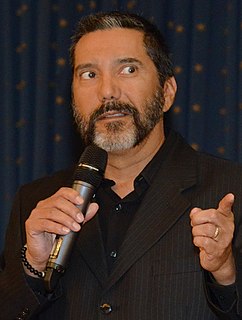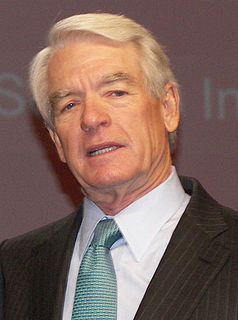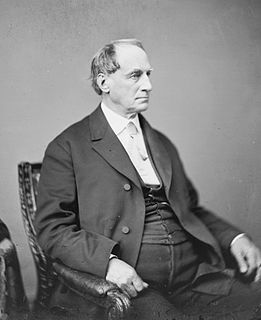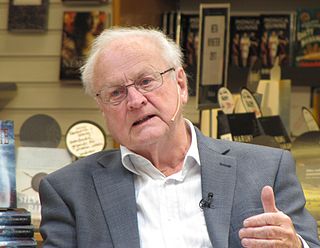A Quote by Patricia Churchland
Many philosophers in the second half of the 20th century really seemed to think that they were laying the foundations for science by laying down the conceptual (necessary) truths.
Related Quotes
D-Day represents the greatest achievement of the american people and system in the 20th century. It was the pivot point of the 20th century. It was the day on which the decision was made as to who was going to rule in this world in the second half of the 20th century. Is it going to be Nazism, is it going to be communism, or are the democracies going to prevail?
Three men were laying brick. The first was asked: " What are you doing? He answered: " Laying some brick." The second man was asked: " What are you working for? " He answered: " Five dollars a day." The third man was asked: " What are you doing? He answered: " I am helping to build a great cathedral." Which man are you?
The different American experience of the 20th Century is crucial because the lesson of the century for Europe, which essentially is that the human condition is tragic, led it to have a build a welfare system and a set of laws and social arrangements that are more prophylactic than idealistic. It's not about building perfect futures; it's about preventing terrible pasts. I think that is something that Europeans in the second half of the 20th century knew in their bones and Americans never did, and it's one of the big differences between the two Western cultures.
I was really interested in 20th century communalism and alternative communities, the boom of communes in the 60s and 70s. That led me back to the 19th century. I was shocked to find what I would describe as far more utopian ideas in the 19th century than in the 20th century. Not only were the ideas so extreme, but surprising people were adopting them.
I think that poets can say, "What we want is for everybody on earth to wake up free from fear and with access to medicine and clean water and education." But I don't think poets have any special insight on how to get there. And the 20th century is a pretty good record of that because so many of the great poets were Stalinists: Vallejo, Neruda, Eluard, Aragon, etc. They wrote their odes to Lenin and Stalin. They glorified some of the most violent and grotesque dictatorships of the 20th century. And a lot of the ones who were not Stalinists were fascists or fascist sympathizers.








































